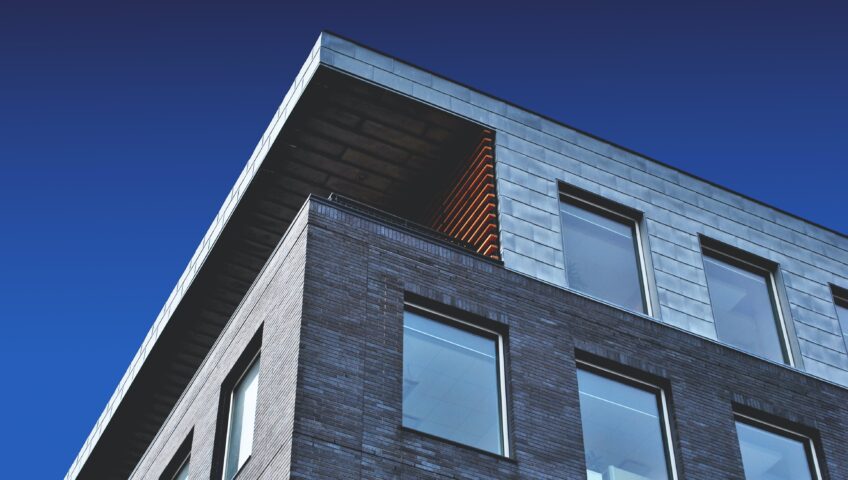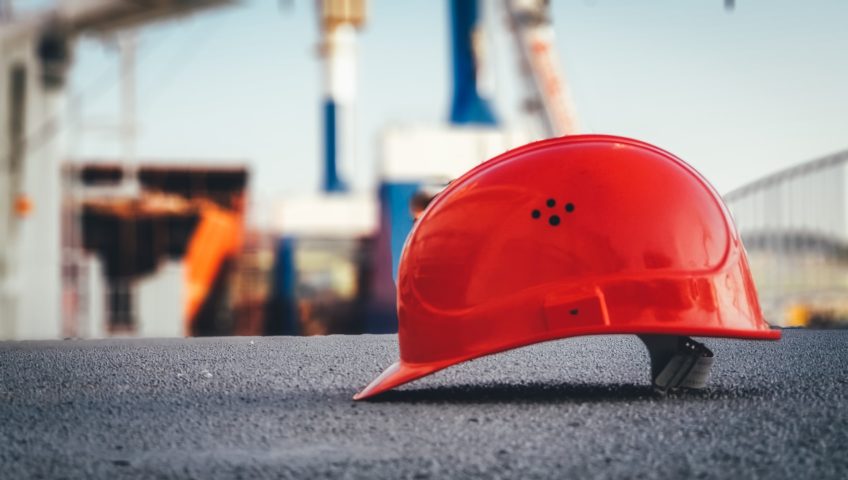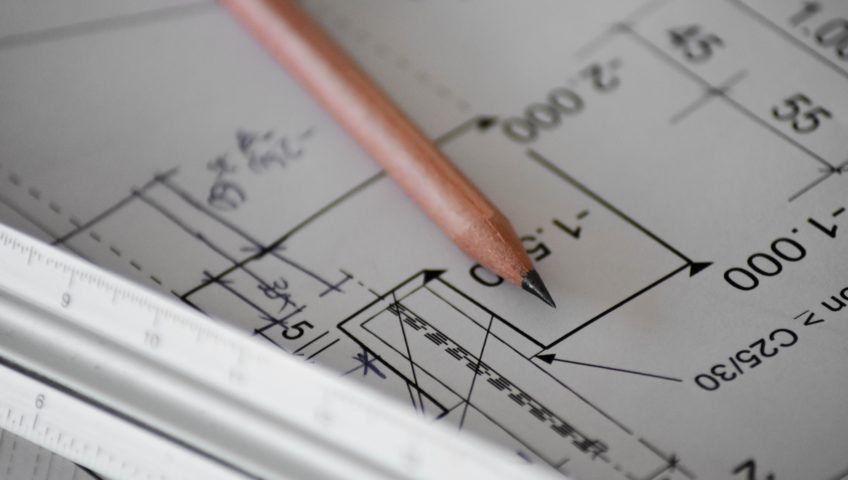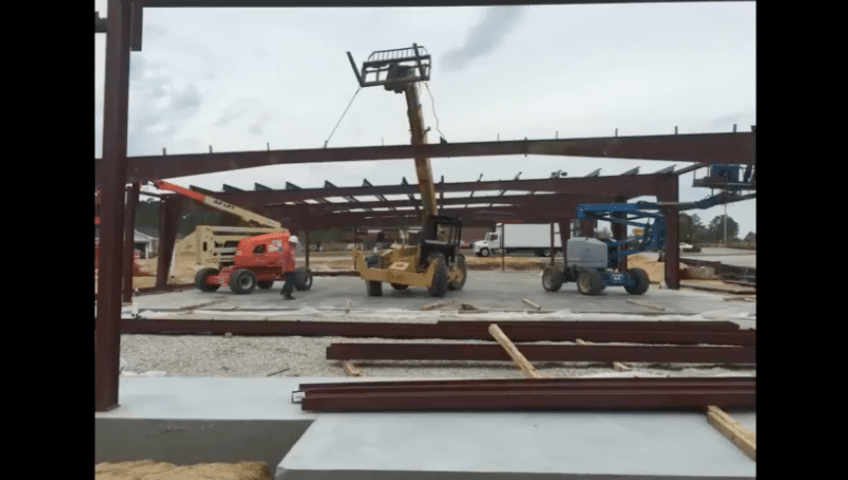Choosing the perfect location for your commercial building is just like finding the right piece of a puzzle; it’s a crucial decision that can significantly impact your business’s success. Whether you’re a startup looking for your first office space or an established company seeking to expand, the location you choose can make or break your venture. So, let’s dive into the 10 essential tips you should consider when selecting the ideal location for your commercial building.
1. Understand Your Target Market
Before you start scouting for locations, it’s vital to understand your target market. Who are your customers, and where are they located? Knowing this information can help you identify areas with high foot traffic or easy accessibility to your clientele.
2. Budget Wisely
Establishing a budget is fundamental. Commercial real estate can be expensive, and you don’t want to overextend your finances. Determine what you can afford, factoring in rent, utilities, taxes, and any necessary renovations.
3. Accessibility Matters
The accessibility of your location is crucial for both customers and employees. Consider proximity to major roads, public transportation, and parking facilities. A convenient location can attract more business and talent.
4. Competition Analysis
Research your competition in the chosen area. Being near competitors can be an advantage, as it may indicate a thriving market. However, too much competition might lead to oversaturation, making it challenging to stand out.
5. Zoning Regulations
Understanding local zoning regulations is a must. Different areas may have restrictions on the types of businesses allowed or building modifications. Consult with local authorities to ensure your plans align with zoning laws.
6. Infrastructure and Amenities
Check the availability of essential infrastructure like high-speed internet, utilities, and telecommunications services. Proximity to amenities like restaurants, banks, and suppliers can be advantageous for your employees and business operations.
7. Safety and Security
The safety of your employees, customers, and assets should never be compromised. Research crime rates in the area and evaluate the security measures in place, such as surveillance cameras and lighting.
8. Future Growth Potential
Consider the long-term potential of the location. Is the area experiencing growth or decline? An area on the upswing may lead to increased business opportunities, while a declining neighborhood might have limited growth prospects.
9. Lease Terms and Flexibility
Negotiate lease terms that align with your business goals. Pay attention to rent increases, lease duration, and renewal options. Flexibility is key, especially if your business plans may change in the future.
10. Seek Professional Advice
Don’t hesitate to seek the guidance of a real estate agent or consultant with expertise in commercial properties. They can provide valuable insights, help you navigate negotiations, and ensure you make an informed decision.
Choosing the right commercial building location involves careful consideration of various factors, from market demographics to budget constraints. CBI is your go-to partner for comprehensive construction services. Our dedicated team is here to guide you through every phase of your construction project, providing expert assistance every step of the way.
Our services extend across various cities in North Carolina, including Fayetteville, Pinehurst, Southern Pines, Lumberton, Sanford, Fuquay-Varina, Apex, and many more. To learn more about how we can tailor our expertise to your specific needs, please don’t hesitate to get in touch. You can reach us at 910-818-6811 or drop us an email at cbi@commercialbuildingnc.com. Your construction project’s success is just a call or click away.








